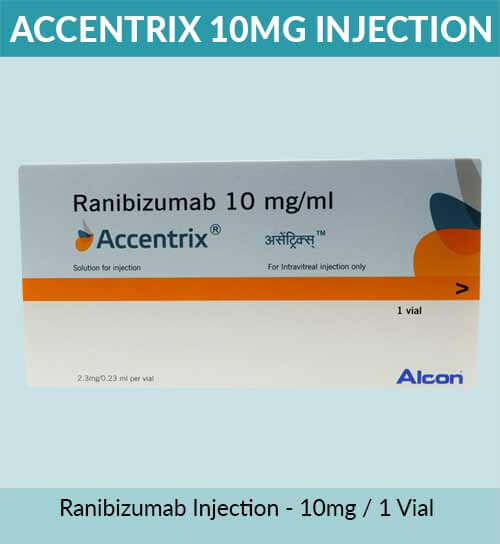Ranibizumab
Ranibizumab is a medication used for the treatment of several eye conditions. It is primarily employed in the management of neovascular or “wet” age-related macular degeneration (AMD), a retinal disorder that can lead to vision impairment or blindness. By modulating the blood supply to the eye, ranibizumab helps address the underlying causes of AMD.
Additionally, ranibizumab is utilized to treat myopic choroidal neovascularization (mCNV), another condition characterized by abnormal blood vessel growth in the eye. By targeting the root cause, ranibizumab aids in managing this specific type of vision impairment.
Furthermore, ranibizumab plays a crucial role in addressing macular edema, a condition marked by swelling at the back of the eye. It is effective in treating macular edema resulting from retinal vein occlusion, where a blood vessel in the eye becomes blocked. The medication helps reduce the swelling and improve visual outcomes in affected individuals.
In diabetic patients, ranibizumab is utilized to treat diabetic macular edema (DME), a complication of diabetes that can lead to vision loss. By targeting the edema and its underlying causes, ranibizumab assists in preserving and improving visual acuity in diabetic individuals.
Moreover, ranibizumab is employed in the treatment of diabetic retinopathy, an eye condition caused by diabetes. By addressing the abnormal blood vessel growth and leakage associated with diabetic retinopathy, ranibizumab helps prevent further vision deterioration and related complications.
It is important to note that ranibizumab should only be administered under the direct supervision of a doctor, ensuring appropriate usage and monitoring of the treatment. The medication is available in the form of a solution or implant, providing options for tailored treatment plans based on the individual needs of the patient.

